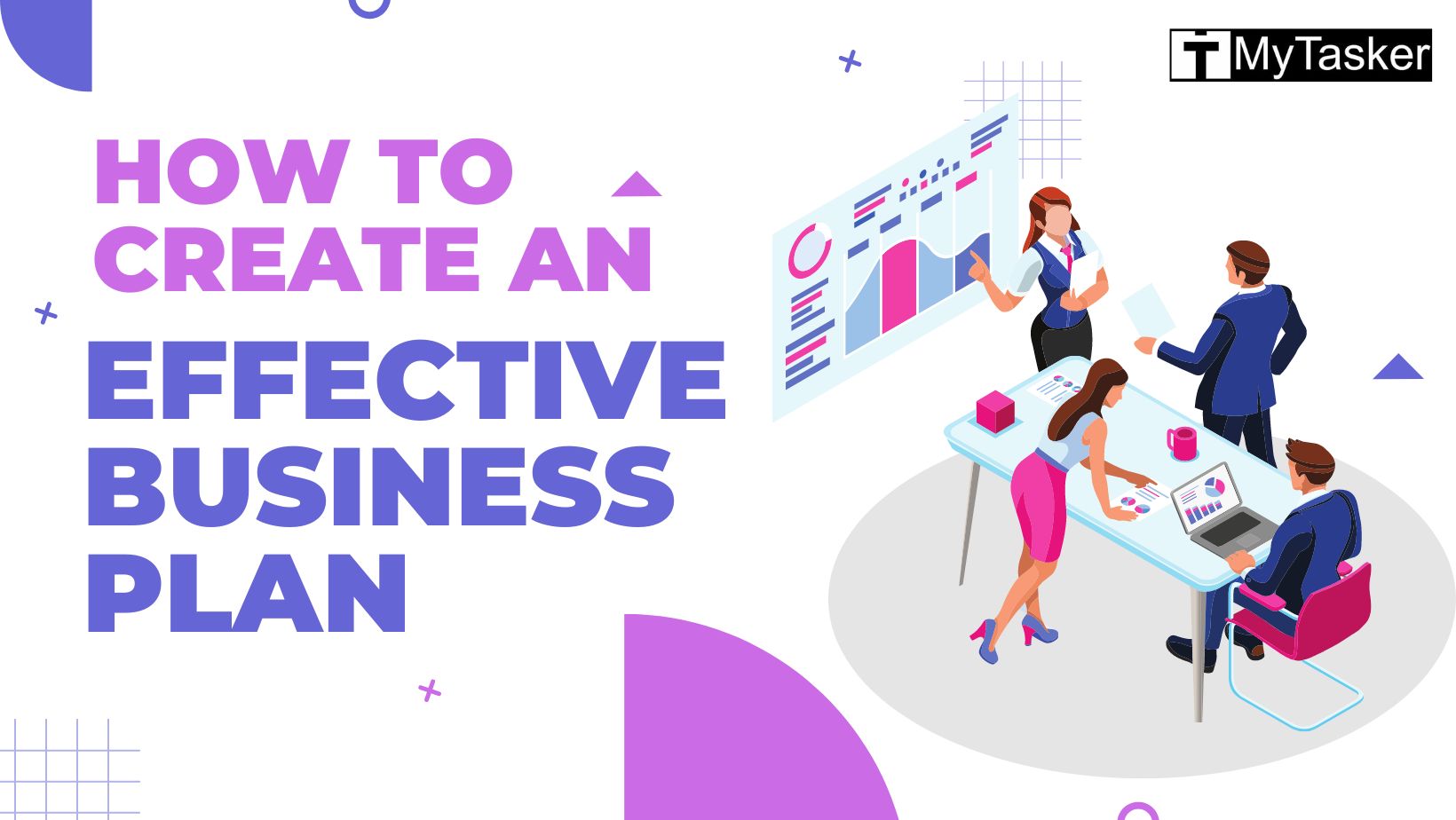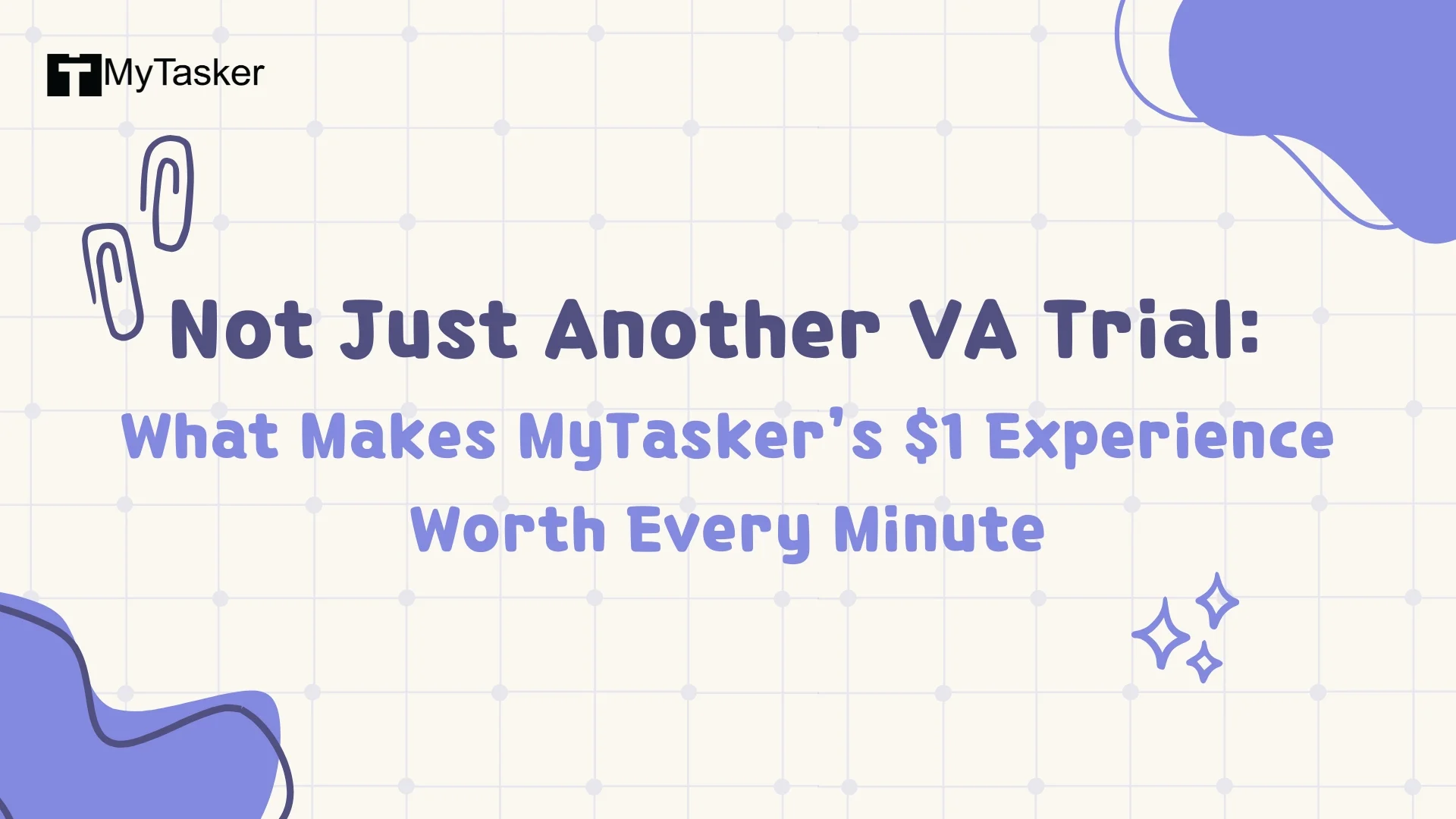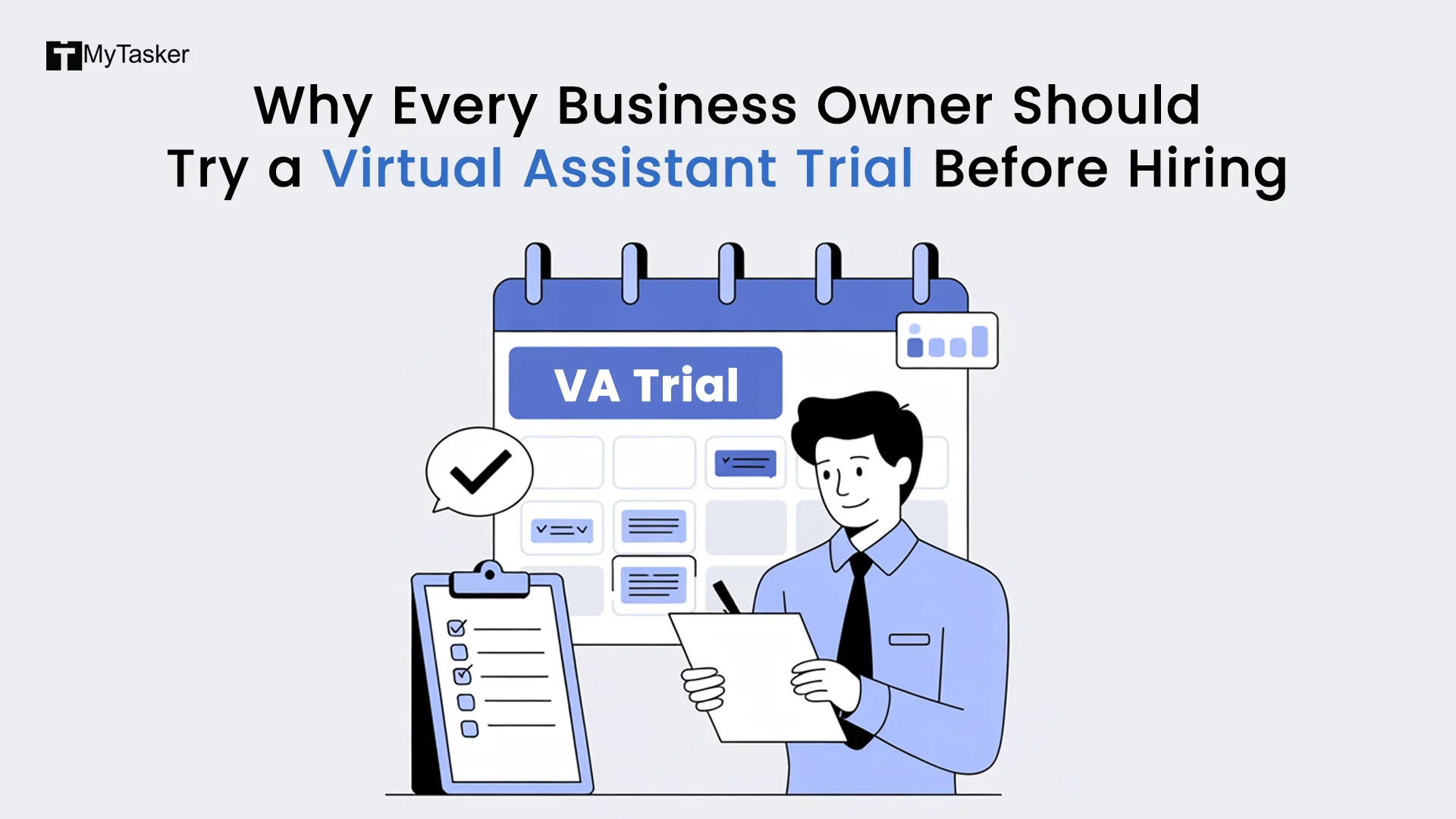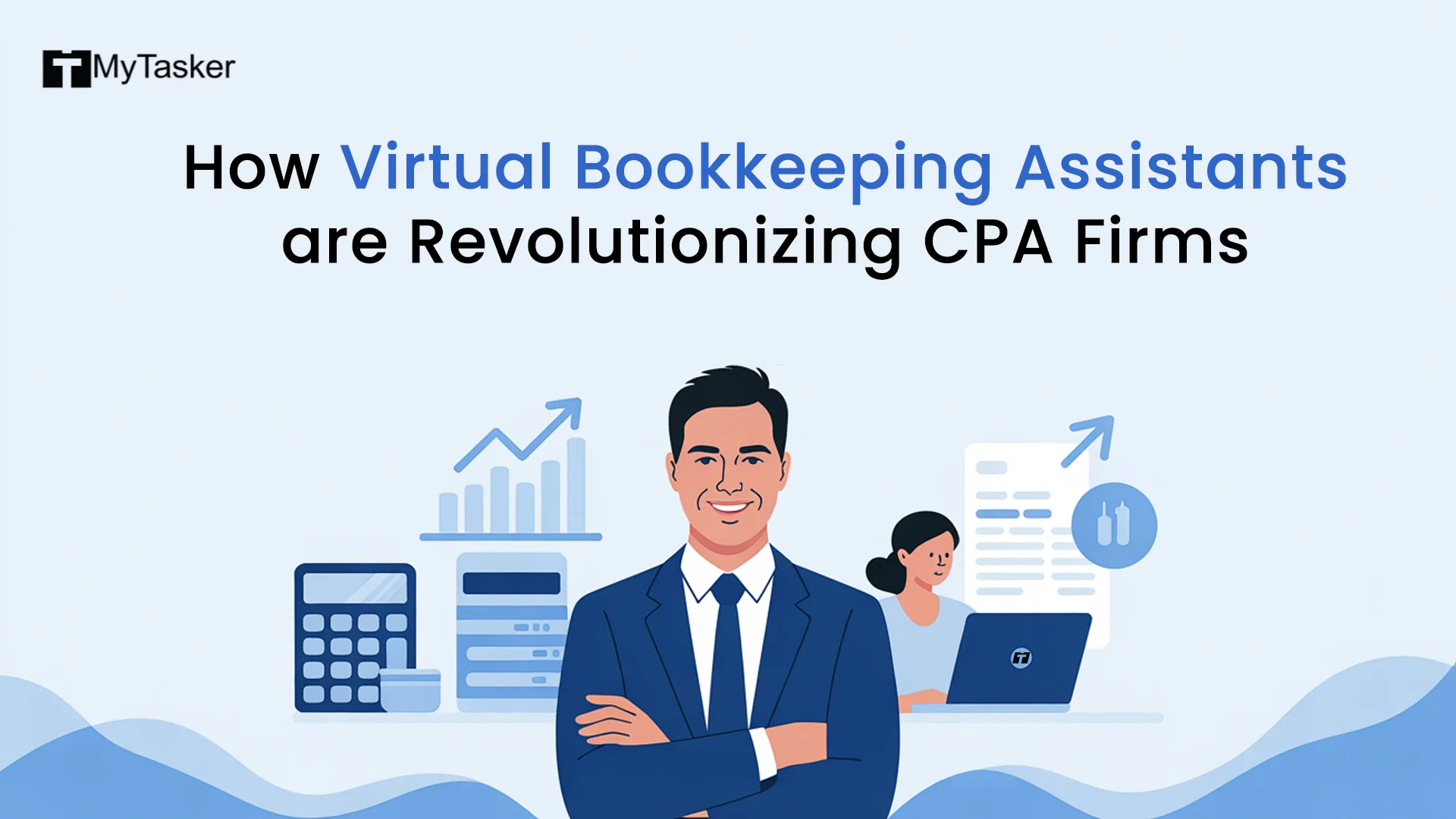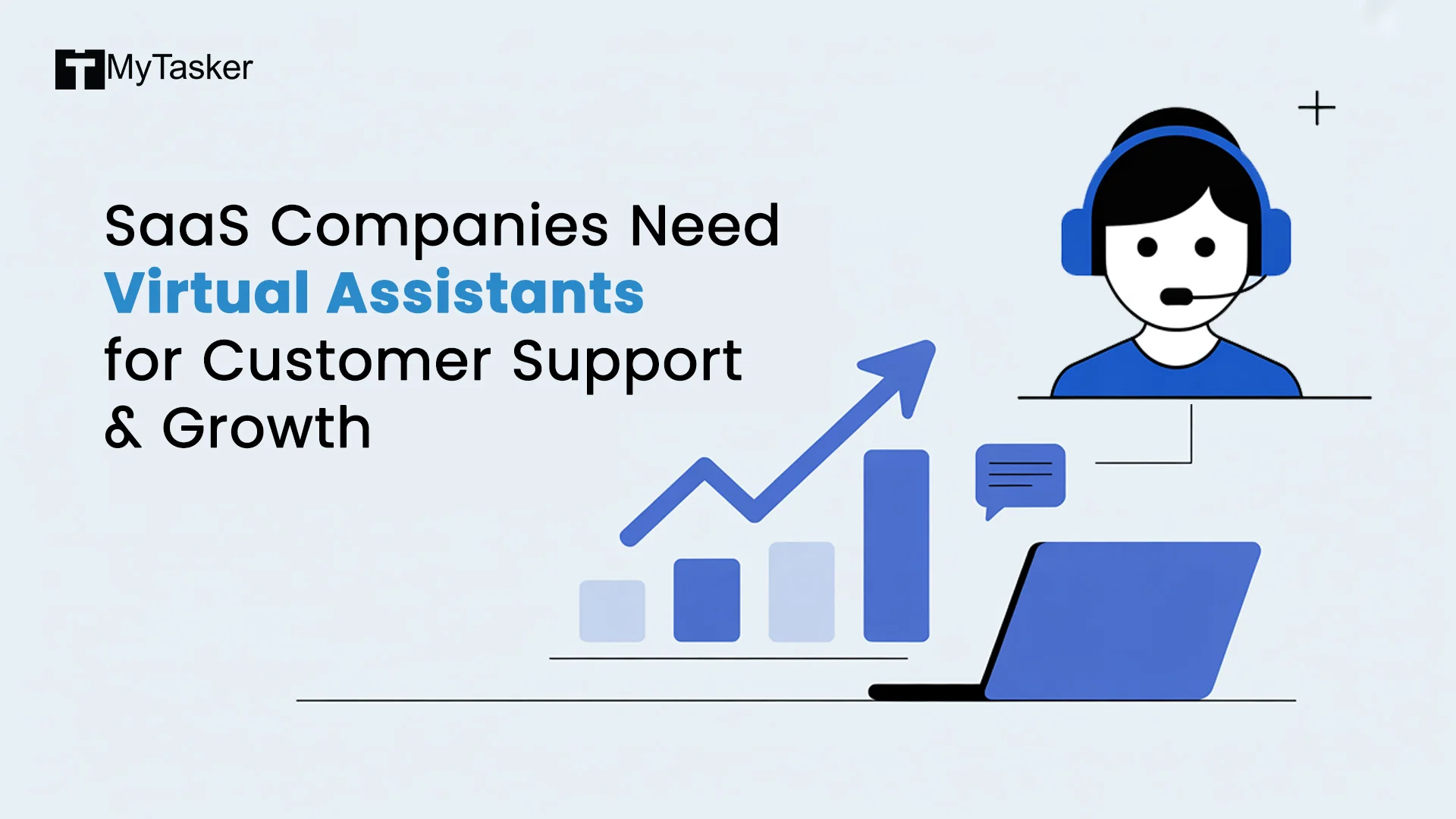Business Plan is a descriptive written document that encapsulates the entire business idea that includes a company’s mission, goals, overview, marketing strategies, operations, and financial aspects like budget and profit expectations. It is a fundamental document to lay down the foundation of a business before it has even rolled into operations.
This detailed synopsis acts like a road map that looks like milestones for at least 3 to 5 years ahead in time. This document will lend your investors and lenders an idea about the profit potential of your business and how advantageous it will prove to be in the future for them. Effective planning in business will help you up your game and set you up for success.
Best plans for the business are updated from time to time to review rewarding strategies, eliminate the ideas that are not very fruitful, remove achieved targets from checklists, etc.
Established businesses often use the best virtual assistant companies to create a successful plan for their business.
Let’s dive in and look into how professional business plans can be created.
How To Design An Effective Business Plan
A well-documented and properly written business Plan holds paramount importance to any business. While business plan templates are commonly available, you must strive to keep yours unique and different.
This is why many businesses trust professional virtual assistance services to work on their behalf and compose a business plan that stands out.
When it comes to creating an effective business plan, one should do market research on similar businesses and list the competitors. It is vital to clearly state your unique USP and define how your business has a distinguished presence and has an added edge over its competitors.
You must include the following components in your business plan template or at least try to have these generalized categories incorporated into your business plan -
- Executive Summary
- Company Description
- Service/Product Overview
- Marketing Analysis/Research
- Marketing Strategy
- SWOT ANALYSIS
- Financial Projections
- Budget
- Appendix (data and statistics to support your statement)
We will discuss this in detail in the following sections.
Features of a Business Plan
Established businesses, start-ups, newly added ventures, etc will have varied lengths of business plans. All the essential elements of your business should invariably fit within 15 to 25 pages, but this is not a hard and fast rule.
As we established, all businesses are unique and demand an exclusive approach. All important documents follow a dedicated pattern with certain additions or eliminations.
Executive summary: In this section, we describe the company's goals, mission, vision, new ventures, current market position, location potency, and functionality.
Products and Services: In this part, one can list the products and services that this company offers. It can include product descriptions, images, the material used in composition, pricing, availability, and how it will benefit the consumer.
Market Analysis: A company must have in-depth knowledge of the industry and its
competitors. SWOT Analysis of its competitors, longevity in the industry, and market behavior in a recent span of 3 to 5 years, all come under this section. In addition to this, there should be strategies that you can create to suit the demands of your target audience in a way that you can become the first choice.
Marketing Strategy: This section is extremely important to explain how you will reach the market and promote your products and services.
A well-defined distribution channel should be selected with proper expenditure planning. You must include the audience count you are expecting to attract from a dedicated platform. This is crucial because every medium has a particular audience base.
The segregation is based on age, gender, demographics, educational background, and online content consumption behavior. The marketing campaign should narrate the approach you are going to take. For example, GenZ consumes content and advertisements differently from millennials. Therefore, it is essential to direct each marketing campaign to a dedicated audience.
SWOT Analysis: In simple terms, SWOT analysis is the visibility metrics of a business. It tells you the current status of the business, and provides you with a beneficial handbook on its overall performance; both in relation to the current times and future projections. The 4 critical elements of a SWOT Analysis chart are ‘Strengths,’ ‘Weakness,’ ‘Opportunities,’ and ‘Threats.’
The first two factors namely the Strength and the Weakness depict the internal picture of a business while the external factors of market and demand come into consideration through the metrics of Opportunities and Threats
If this section of your business plan is clearly defined and extremely detailed, it will not just reflect your business’s professionalism but at the same time will provide your investors with a vision that is lucid and transparent.
Financial Planning: In this section, one must adhere to strict financial planning aspects and projections. There should be balance sheets, accounting details, various breakups of different operations, marketing costs, and all essential expenses that require investment. Emerging businesses need to create estimates and targets to achieve and track their progress.
These financial estimates should have a detailed explanation of every investment and expected financial fluctuations in the future.
Budget: A budget is a creative plan to judiciously spend your money. The minimum and maximum expenses that all your operations may include should fall under this category. This may include the training, and development costs of the employees, overhead costs, production and storage expenses, marketing or advertisement cost, etc.
The most suitable approach for small and big businesses is collaborating with top virtual assistant companies that have the required experience and knowledge in creating effective business plans.
Types of Successful Business Plans
A business plan vitally helps you to obtain a clear image of what your prospects look like. You tend to ask relative questions, identify potential issues, and foretell future risks. This helps you eliminate any upcoming challenges before you have made any monetary investment.
A business Plan can be divided into two broad categories depending on the length and details included in it. Mostly, the two types are -
- Traditional Business Plan
- Lean Business Plan
A Traditional Business Plan includes all the detailed information regarding your business. It outlines all the elements of the business with immense precision so much so that the lenders or investors get a clear picture and have less scope of asking further questions. The owner(s) propounds both long and short-term goals and objectives along with the expected timeline to complete the project.
A Lean Business Plan tests its postulates from time to time and revises extensively depending on the success or failure of an idea. A lean business plan is opted by several startups and focuses on improving on the go instead of creating a five-year plan. This is open-ended and lacks certain information that an investor might be interested in. In the mainstream, it is often used as internal interaction and helps to achieve management-level targets.
The best virtual assistance companies can guide you exactly on which type of business plan you need to support your business and future goals.
Conclusion
Now we know the nitty gritty of creating a successful business plan. Whether your expansion is happening in terms of your line of products, services, or in terms of your geographical location, a business plan will always provide a clear-cut roadmap for you.
It’s important to remember that every business is always evolving and therefore, it’s crucial to have a document of dynamic nature. This is the only way to survive in the industry and be relevant.
MyTasker, one of the best virtual assistance companies, has a team of experts who specialize in creating an in-depth business plan for various businesses and a wide variety of industries. Creating a successful business plan for your own company can be daunting, but we make sure to hold your hands and help you propel toward your desired destination.
If you want to learn more about how your business can benefit from our services, contact our virtual assistants for small businesses today.



